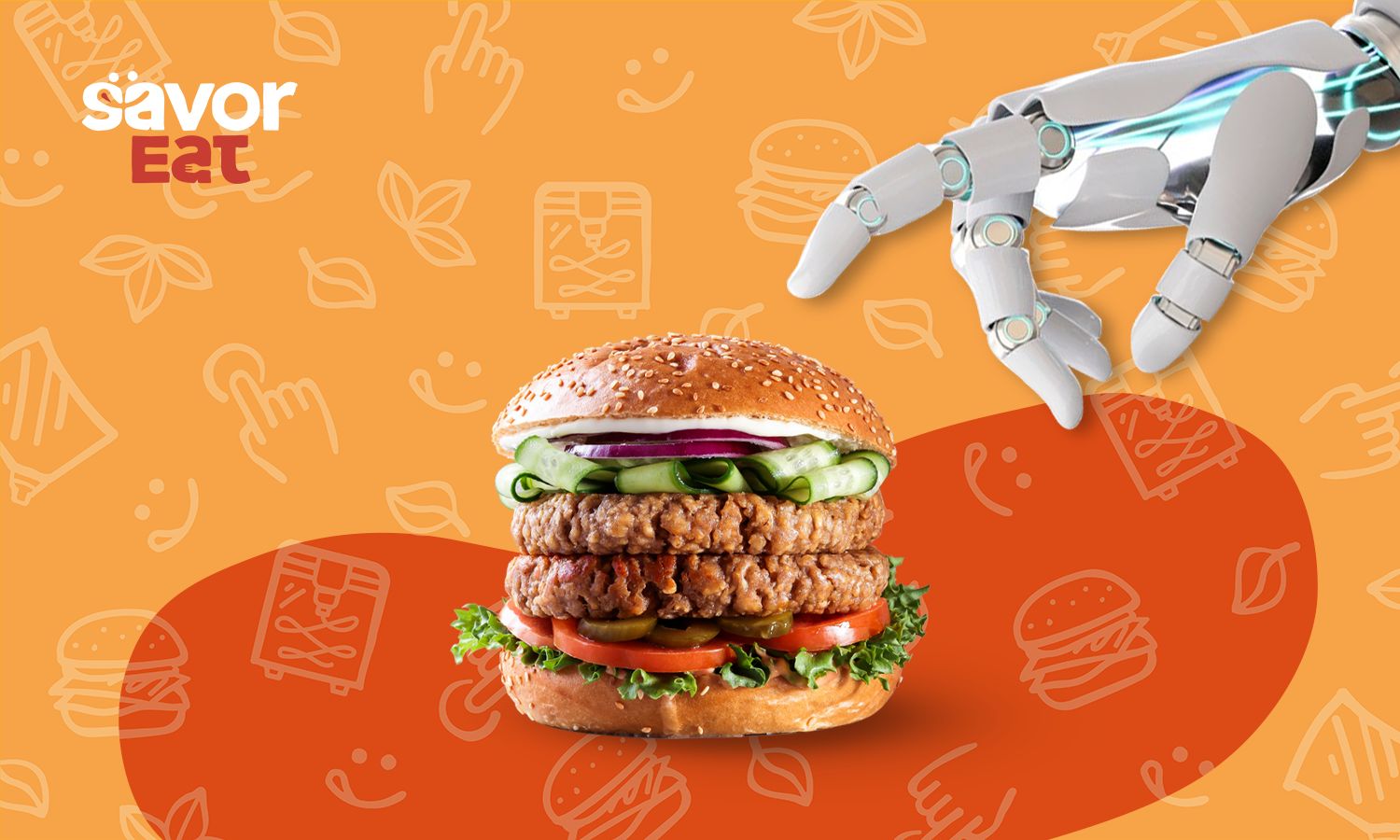Artificial Intelligence (AI) is no longer a futuristic concept—it’s actively reshaping today’s food industry. From reducing waste to enhancing food safety and optimizing supply chains, AI drives significant changes that make our food systems more intelligent and sustainable.
From A Future with Minimal Food Waste to Efficiency in Every Step – AI is the Key
Imagine a world where food waste is significantly minimized. AI is making this vision a reality by accurately predicting consumer demand and aligning food production with actual needs. For instance, AI-driven demand forecasting can reduce food waste by up to 50%, as seen in some sectors. By analyzing weather patterns, crop yields, and market trends, AI ensures that every step of the food supply chain matches real-time requirements—from production to distribution. This precision helps in harvesting crops at their peak and reduces spoilage. Additionally, AI-driven inventory systems, like those implemented by major retailers such as Walmart, alert retailers, and distributors about products nearing expiration, allowing for timely actions to prevent waste.
But AI’s impact goes beyond reducing waste. It’s also revolutionizing food supply chain management. Real-time data analysis allows AI to optimize logistics and distribution, cutting costs and reducing the environmental impact of transporting food. According to McKinsey, AI integration can improve supply chain efficiency by up to 20%. AI can foresee potential disruptions, such as weather-related delays, and help companies navigate these challenges proactively. Improved demand forecasting ensures that food products are available where and when needed, striking the perfect balance between supply and demand.
Making Food Safe Again
Food safety is another critical area where AI excels. AI-powered sensors and machine learning algorithms can detect harmful pathogens and contaminants quickly and accurately. For example, IBM’s Food Trust network uses AI and blockchain to trace food products, significantly reducing contamination risks. AI also monitors hygiene practices in food processing facilities by analyzing data from cameras and sensors to ensure compliance with safety standards. Predictive analytics further safeguard food safety by identifying patterns that signal potential risks, enabling companies to take preventive measures and ensure that food products remain safe throughout the supply chain.
AI’s Vision for a Smarter Food System
AI is paving the way for a future where food systems are more intelligent, efficient, and environmentally friendly. As technology evolves, its impact on food production, distribution, and consumption will only grow. The promise of a more sustainable and reliable food system is within reach, thanks to AI’s role in reducing waste, optimizing supply chains, and enhancing food safety. According to a World Economic Forum report, AI could contribute to a 20% reduction in global food waste by 2030. The future of food is not just a vision—it’s becoming a reality with AI leading the way.





